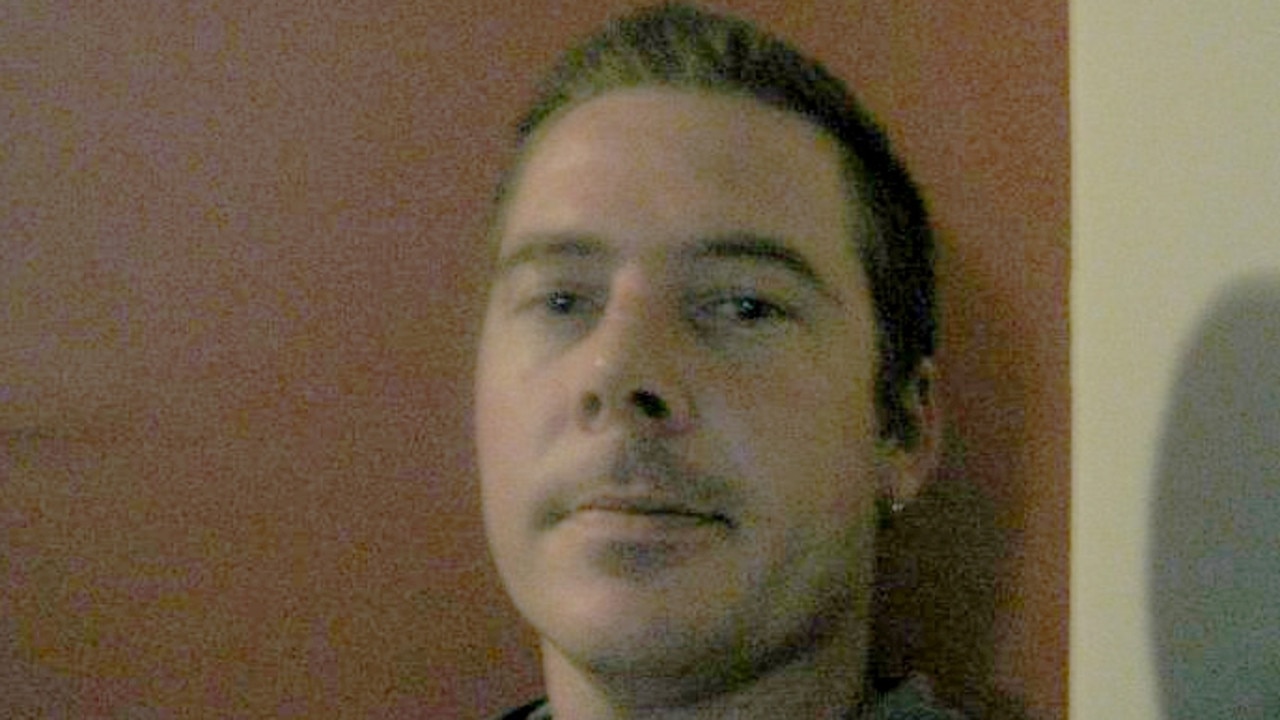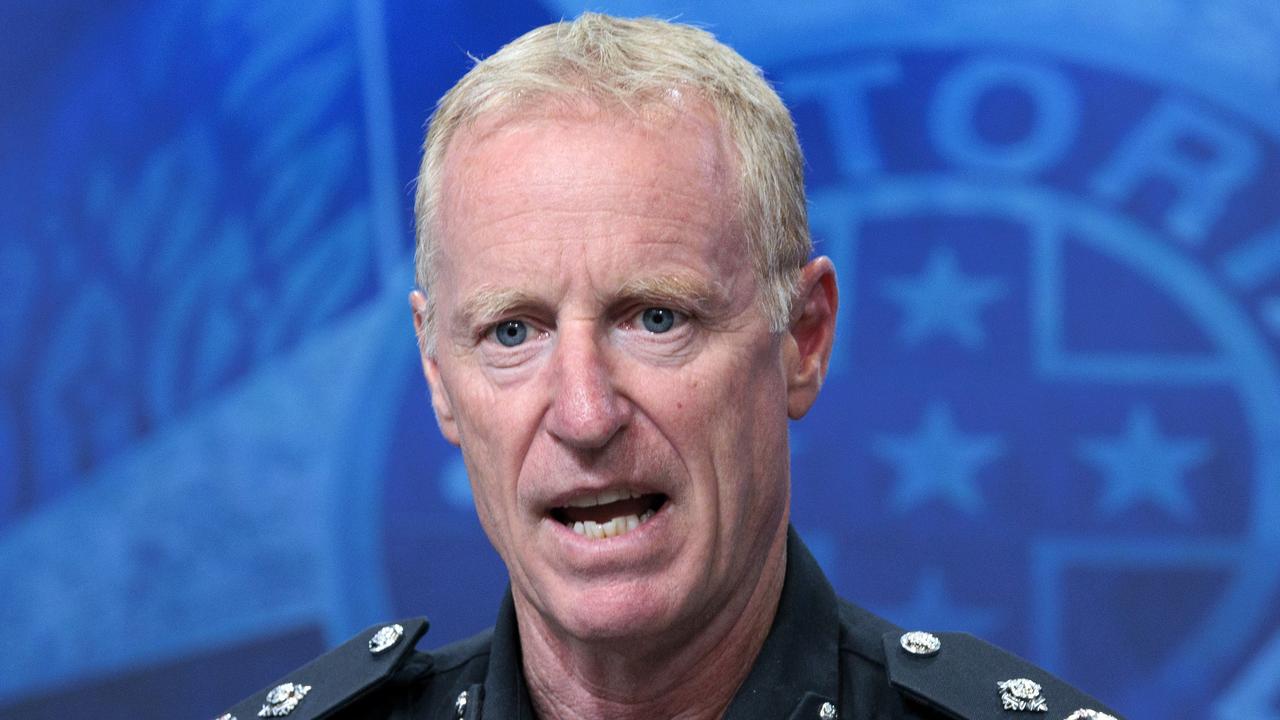How ‘de-banking’ is hurting some of the biggest names in Melbourne’s underworld
Stripping organised crime figures of access to the banking system — a process dubbed de-banking — has clamped shut the accounts of some of the biggest names in Melbourne’s underworld.

Police & Courts
Don't miss out on the headlines from Police & Courts. Followed categories will be added to My News.
Organised crime figures are increasingly being stripped of their bank accounts in an attack on their financial interests.
The practice – known as “de-banking” – has closed the accounts of some of the biggest names in Melbourne’s underworld in recent years.
Among them are gangland identities linked to crimes of violence, international drug trafficking and standover rackets.
Many of the criminals have been forced into cryptocurrency and other investment vehicles after being ejected from the banking sector.
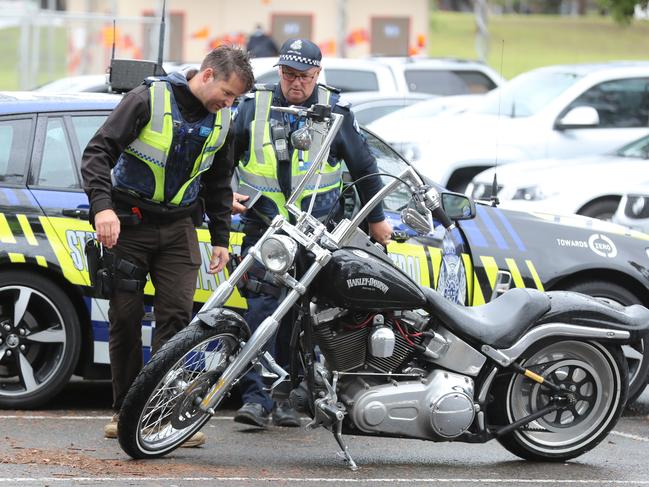
The website of leading law firm Galbally Parker states that it has recently had clients “de-banked” because of criminal allegations.
It said “de-banking” of businesses had been around for a long time and that it had been carried out on individuals since the Banking Royal Commission.
Galbally Parker said it had recently seen individual clients’ accounts closed after they had been charged with serious offending.
“Usually, however, it occurs very shortly after the person has pleaded guilty to serious offending or has been found guilty,” the GP website said.
“Victoria Police will regularly alert the banks to criminal proceedings relating to an accused person.”
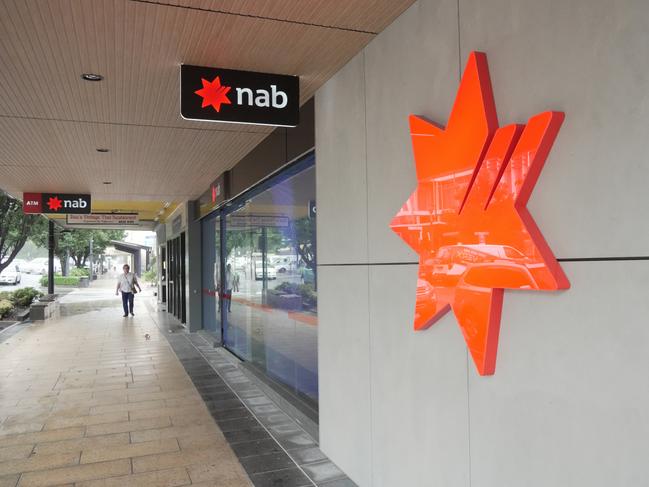
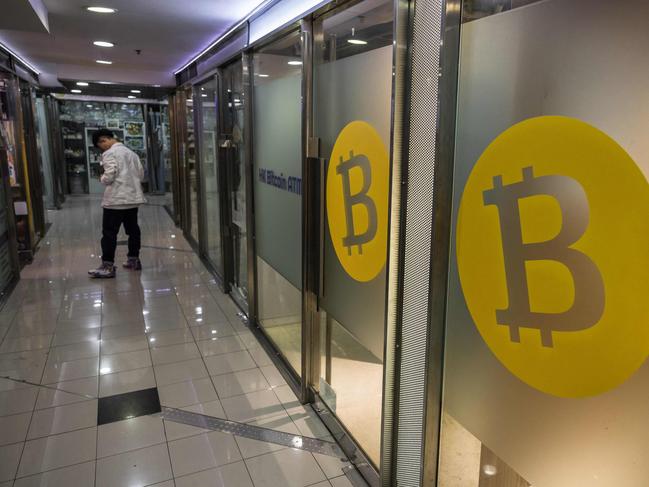
The firm said all of its “de-banked” clients had been with the four big banks, Commonwealth Bank, ANZ, Westpac and National Australia Bank.
They had been charged with, or found guilty of, money laundering, drug importation, large-scale drug trafficking, extortion and fraud.
National Australia Bank group executive Paul Jevtovic said the organisation did not service customers outside of its “risk appetite”.
Mr Jevtovic said the bank complied with all legal obligations when it came time to part ways with a customer.
“There are a range of reasons why a customer may be exited from our services, including concerns around a customer’s practices or processes which raise money laundering, terrorism financing or other financial crime risks,” he said.
The ANZ declined to comment but has also closed accounts of crime figures and works closely with law enforcement bodies and government agencies.
The Herald Sun understands its financial crime team uses algorithms and artificial intelligence to zero in on organised crime figures.
The nation’s dirty money watchdog, the Australian Transaction Reports and Analysis Centre, or Austrac, last year released new guidance on “de-banking”.


